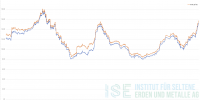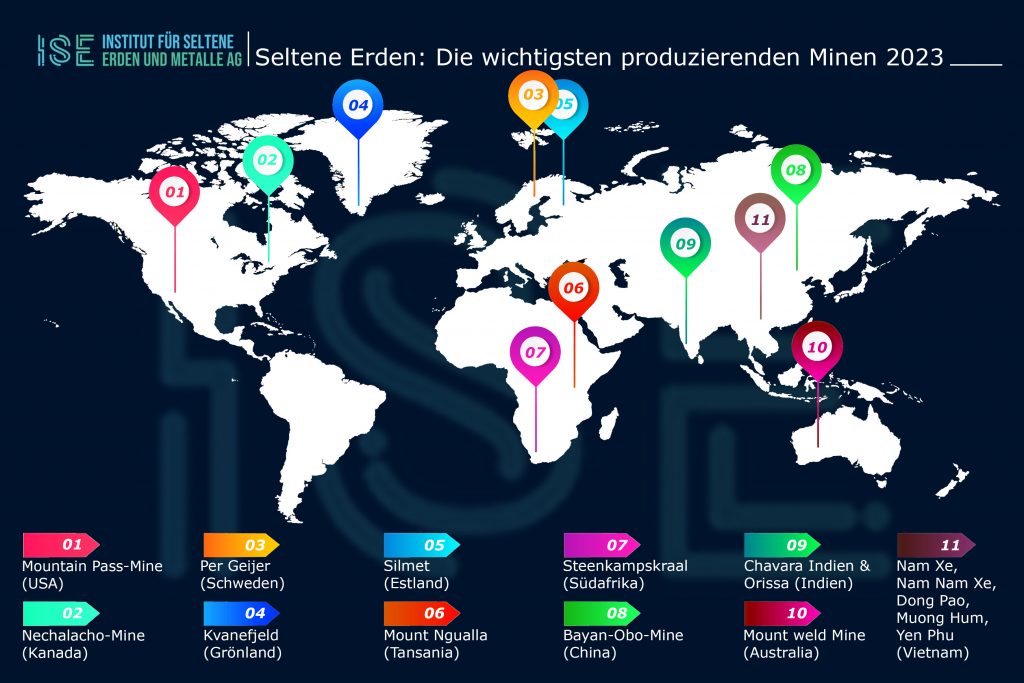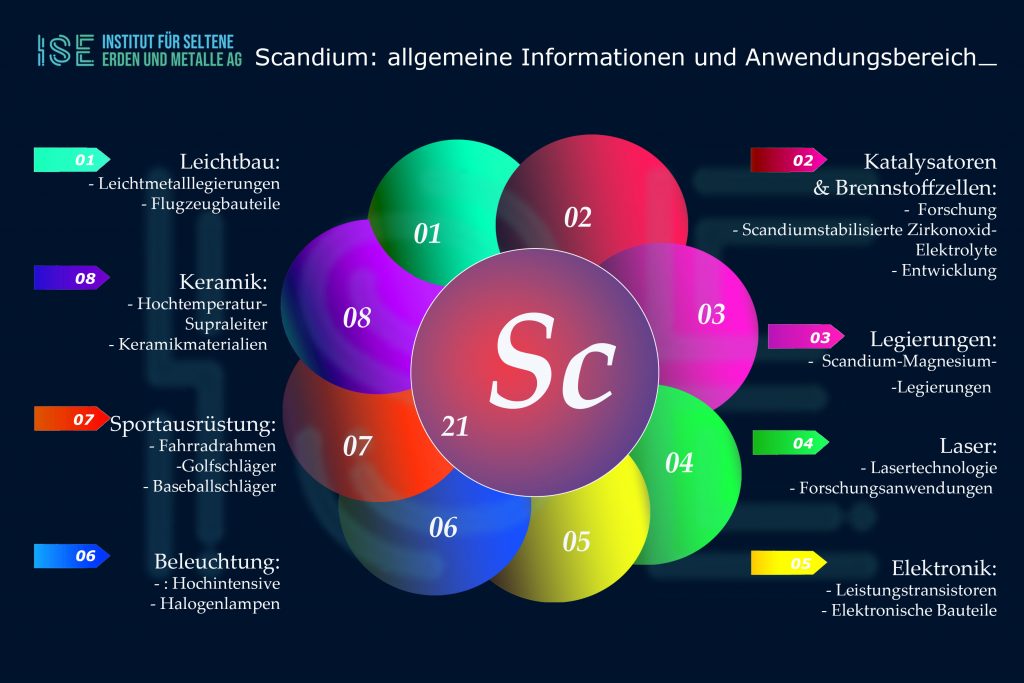- China accounts for 95 percent of the global supply of soft, bluish metal.
- Huawei has filed more than 2.000 patents for gallium nitride applications.
23.07.2019/5/XNUMX - A XNUMXG base station can now be pushed into a housing the size of a shoebox. It is thanks to gallium, a soft, bluish metal that makes this possible.
The chipsets, which generate high-frequency high-frequency waves, do not consist of silicon as before, but of gallium nitride. They consume less power, produce less heat and can work comfortably at 800 degrees Celsius, eliminating the need for bulky power and air conditioning equipment.
Gallium is one of the 35 technology-critical elements that the US government has identified as a national security issue. Like the rare earths, the worldwide supply of gallium is under Chinese control. China produced 390 tons of raw gallium last year, which is more than 95 percent of world production, according to the United States Geological Survey. Nevertheless, silicon will probably still be around for a while in smartphones and other devices. The entire global production chain is set to the element. You can not just replace silicon with GaN, you have to redesign the whole of the surrounding electronics. All this takes time and especially money.
China is a superpower in terms of rare earths and other strategically important elements. With increasing dominance worldwide in a very broad range both in the ores and in the processing of almost all high-tech metals.
According to Google Patents, Chinese telecommunications giant Huawei has filed more than 2.000 patents related to gallium nitride. Nokia, Huawei's main rival in the 5G race, had more than 1.500 patents, while Ericsson had slightly more than 400 signups. Qualcomm, a US company and major supplier of 5G-based chipsets, had fewer than 1.000 patent applications.
"As the semiconductor industry shifts from silicon to gallium, China is preparing to take the lead," said Professor Hao Xiaopeng, functional materials researcher at the State Key Crystal Materials Laboratory at Shandong University in Jinan.
Alexandra Feytis, Associate Consultant at Roskill Information Services, a London-based industrial minerals consulting firm, said China's dominance of gallium, while not a major concern for other countries, may change in the longer term. "While China has further increased its primary production of gallium, most other producing countries have reduced that production," she said, noting that Kazakhstan had halted production in 2013 due to low prices, followed by Germany in the year 2016.
“In recent years, new promising applications that require gallium have been developed and we are seeing, among other things, the widespread adoption of 5G networks. "As such, gallium is sure to be of greater interest in the next few years and will continue to be closely monitored by Europe and the US, both of which have classified it as a critical mineral," she said.
After a decline of five years to the end of 2016 due to oversupply, gallium prices in China 2017 began to recover. The following year, world market prices increased by 40 percent as a result of consumer replenishment. In the meantime, the military sector has used gallium nitride in radars, high power lasers and spy satellites. Gallium is mainly obtained as a by-product of aluminum production. This is a particularly energy-intensive process, which is why countries such as China with low electricity costs and very liberal environmental standards enjoy an unbeatable advantage here. Almost 95 percent of the global gallium supply comes from China.
But as with the rare earths, China dominates here mainly because of its cost advantage. If supplies from China were cut off, gallium production in other countries would quickly pay off again.
According to Hao, Chinese telecommunications companies such as Huawei are developing innovative technologies to harness the wonder material for mass civil applications.
5G is just the beginning.
Institute for Rare Earths and Metals Arndt Uhlendorff - July 2019





